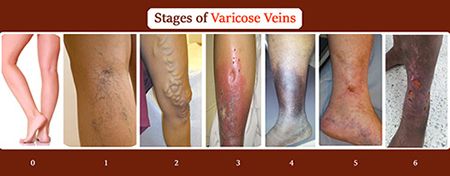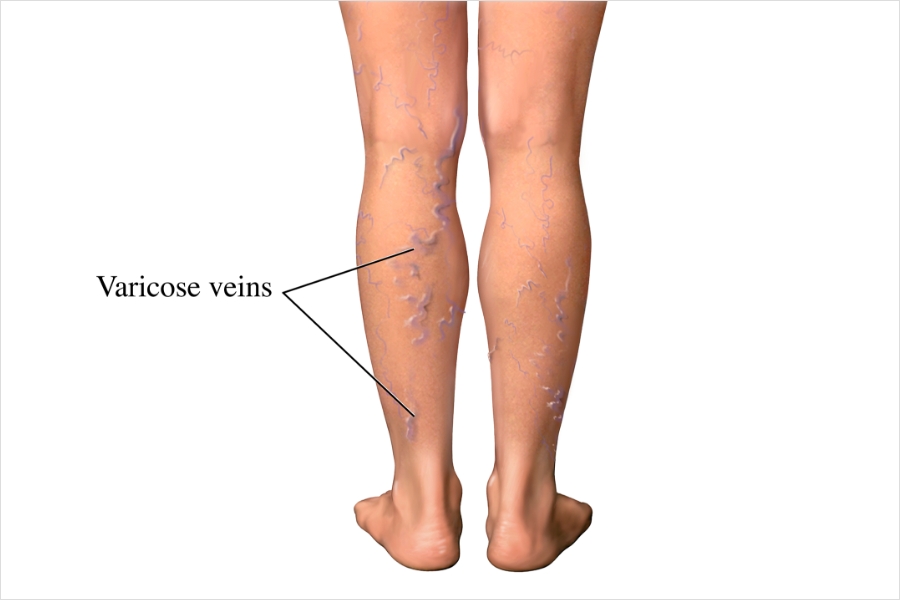Varicose Veins Symptoms

There are many different varicose veins symptoms. The most common ones include pain and discomfort in the legs. Generally, varicose veins will become worse with time, so it is important to treat them as soon as possible. Your doctor will ask you some medical history questions and conduct a thorough examination. Your doctor will want to know if you have suffered any severe leg injuries or leg ulcers. Other factors to consider include your family history. Your physician will also want to know your symptoms and any treatments you’ve tried.
The first and most obvious sign that you have varicose veins is discomfort. You may feel heaviness, fatigue, or throbbing in your legs. If you notice swelling, it’s a sign of swelling. Swelling increases during the day and decreases at night, so elevating your legs is important. If you notice itchy skin, you may have venous stasis, which is a common symptom. If you have more severe varicose veins, you may develop blood clots or ulcers.
If you don’t have obvious symptoms, your doctor will perform a physical examination to rule out other conditions. During this exam, your healthcare provider will check the veins and surrounding area for signs of other complications, such as skin wounds. If the swelling is large, it may indicate a hematoma. Your healthcare provider may also feel your pulse near the varicose veins and press on them to determine if you have them.
Some other common symptoms of varicose veins include painful ulcers that can form near the varicose veins. Before an ulcer develops, you’ll notice a discolored spot on the skin of your leg. A persistent aching pain in the leg may be an indication of a blood clot. This condition is known as thrombophlebitis. Lastly, some veins may rupture and bleed, resulting in minor bleeding. This bleeding should be checked out by a medical professional.
The most common symptoms of varicose veins include red or purple legs. They may be accompanied by ulcers, inflammation, and pain. A doctor may also recommend the use of compression stockings and an ultrasound to diagnose the condition. These symptoms are caused by problems with blood flow in the legs. If you are experiencing any of these symptoms, your doctor may recommend various treatments.

In addition to pain, you may also experience leg cramps and fatigue. You may also notice swelling or heaviness in your legs. You may also notice itchy skin and burning when you walk. If you experience these symptoms, it is best to contact your doctor right away and visit the site https://www.littlestarblog.com/. If you have been suffering from these symptoms for a long time, it is time to get treated.
There are various treatment options for varicose veins. The most effective treatment depends on your specific symptoms. The most common treatments include the use of lasers and high frequency radio waves. However, if you are suffering from minor symptoms or no symptoms at all, you may have a simple ultrasound to determine if treatment is right for you. Surgical procedures are also available to remove veins that are not functioning properly.
If you are experiencing any symptoms of varicose veins, you should see your doctor as soon as possible. The most common symptoms of this disease are a discolored patch on the skin and constant pain in the leg. If you have thrombophlebitis, you should seek immediate medical attention. When you are suffering from a painful ulcer, you should see a doctor as soon as possible.
Although varicose veins are primarily a cosmetic problem, they can cause many other problems. For example, they can cause painful throbbing in the legs and even lead to thrombosis. Fortunately, in most cases they are harmless and easily treatable. But they require medical attention to prevent further complications. You should contact your doctor if you experience any of these symptoms.
Apart from the appearance of varicose veins, this condition can also affect heart health. When it comes to a person’s health, it is important to be aware of the symptoms of varicose veins. The most common symptom of varicose veins is an abnormally large or twisted vein. This can be an annoying and uncomfortable condition.